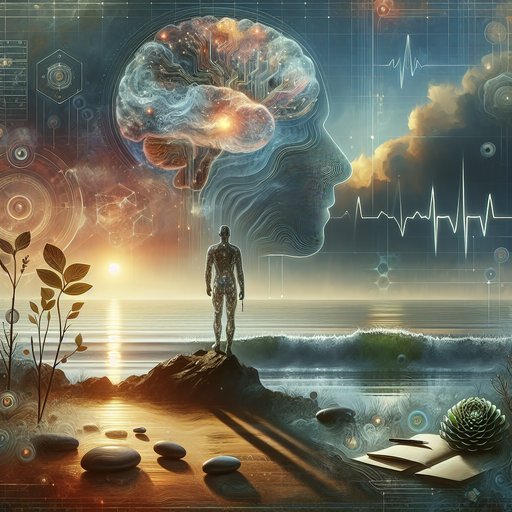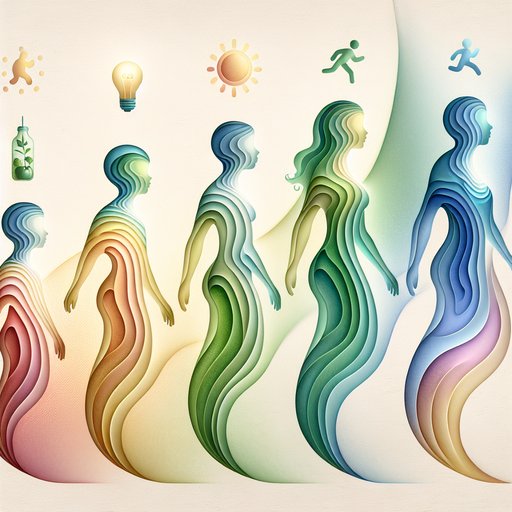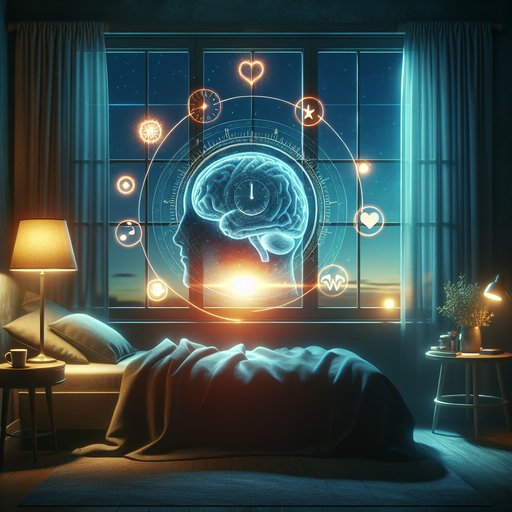
Stress is not just a feeling; it is a whole-body state that shapes how we think, sleep, move, and relate to others. When the stress response stays switched on, hormones like cortisol and adrenaline nudge blood pressure upward, disturb digestion, and intensify anxiety and low mood. The good news is that simple, well-studied practices can help downshift the nervous system and blunt the wear and tear known as allostatic load. Meditation, breathing exercises, and targeted lifestyle modifications are among the most researched tools, and they fit into ordinary days without expensive equipment. This article synthesizes what the evidence shows and how people can use these techniques to build resilience, while encouraging readers to consult healthcare professionals for guidance tailored to their health and circumstances.

Psychological resilience is not a fixed trait reserved for a lucky few; it is a set of capacities that can be strengthened with practice. Researchers describe it as adapting well in the face of adversity, trauma, or significant stress while maintaining or regaining mental well-being. In a world of constant change, burnout, and information overload, learning how to regulate emotions, think flexibly, and recover after setbacks is both a personal and public health priority. The science now maps resilience across biology, psychology, and social context, showing why some strategies reliably help people stay steady and grow under pressure. This article distills key mechanisms and practical, evidence-informed practices you can use, while encouraging collaboration with healthcare professionals for individualized guidance.

Hormones act like an internal orchestra, coordinating metabolism, mood, sleep, reproduction, growth, and recovery. Because needs change from childhood to older adulthood, the same habits do not serve us equally well at every age. Factors such as sleep timing, light exposure, nutrient quality, movement, and stress shape hormonal signals day to day, while life stages reshape the instruments playing the score. By matching practical lifestyle choices to each stage, it is possible to support steady energy, cognitive clarity, and metabolic resilience. The ideas below reflect current evidence on diet, exercise, and stress management; they are educational in nature and not medical advice. For individualized recommendations or concerns about symptoms, readers should consult qualified healthcare professionals.

Your body keeps time. Deep in the brain, a master clock synchronizes sleep, hormones, metabolism, and alertness to the 24-hour day, and light is its most powerful cue. In a world of smartphones after sunset, shift work, jet lag, and indoor days far dimmer than the sky outside, that timing signal can drift. The result is familiar: difficulty falling asleep, groggy mornings, erratic energy, and metabolic strain. By understanding how circadian rhythms actually work and using strategic light exposure and timing of daily activities, most people can nudge their internal clock toward better sleep, steadier energy, and overall wellness. For personalized guidance—especially if you have sleep disorders, mood conditions, or medical concerns—consult a qualified healthcare professional.






















































